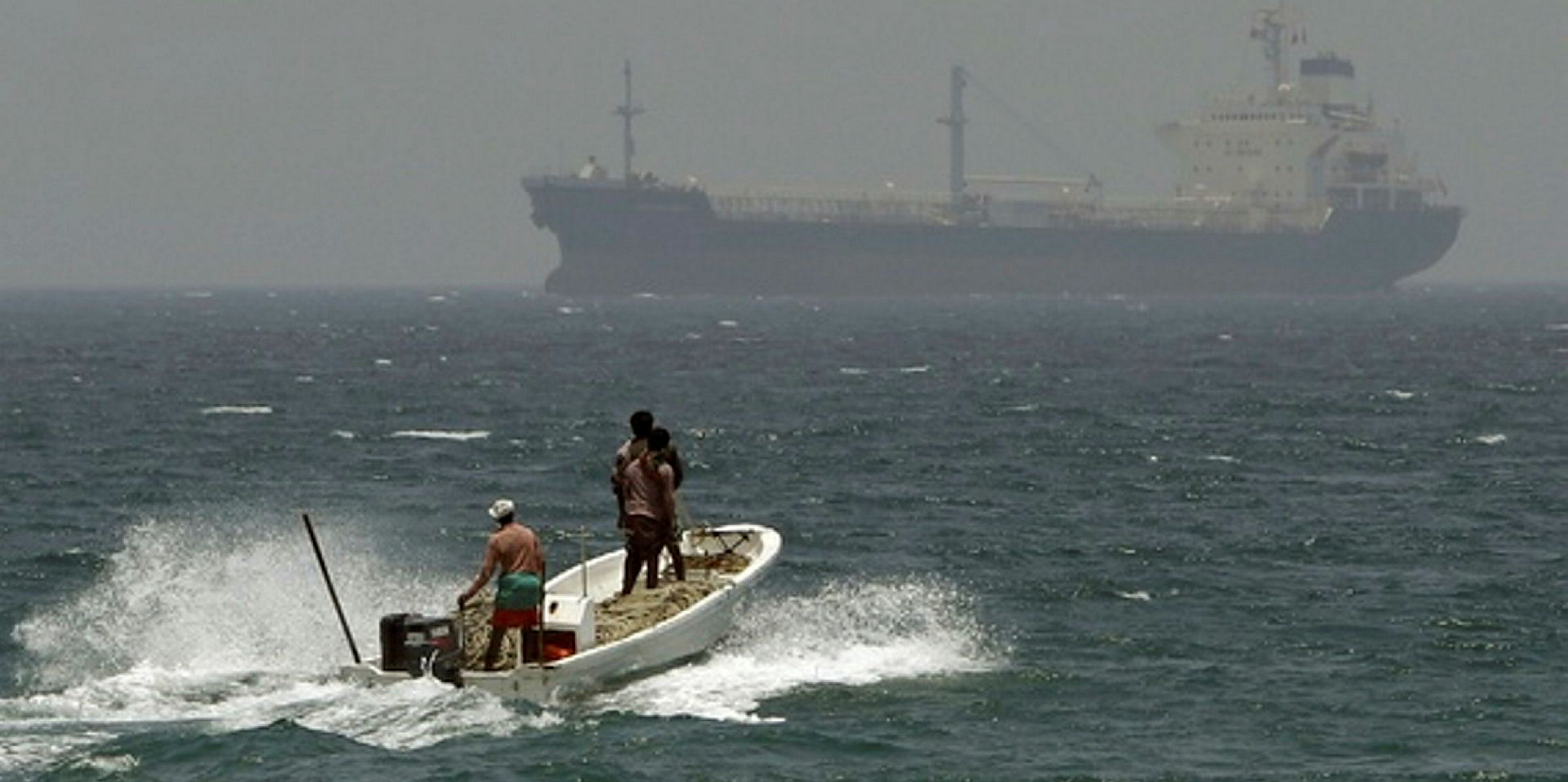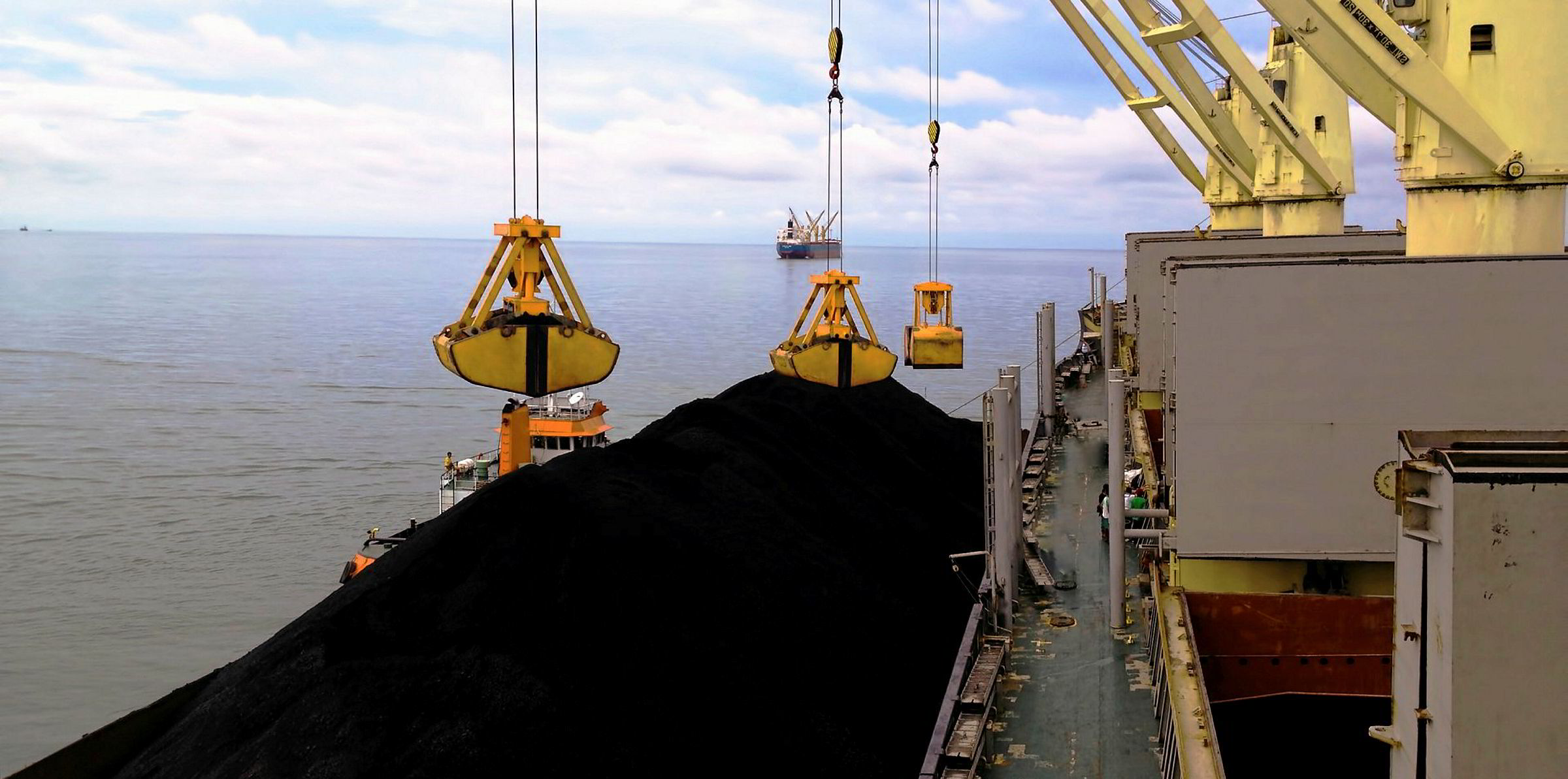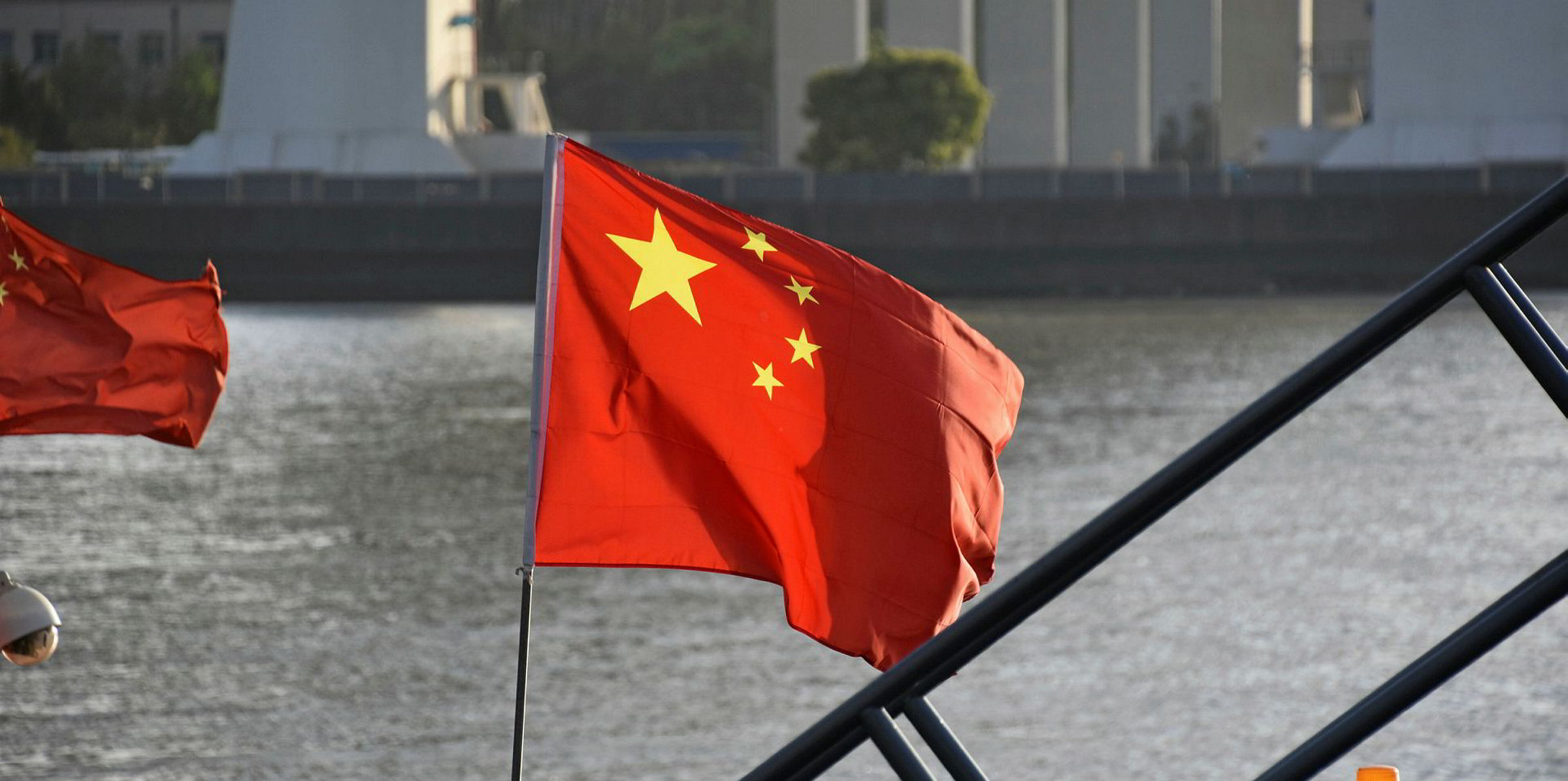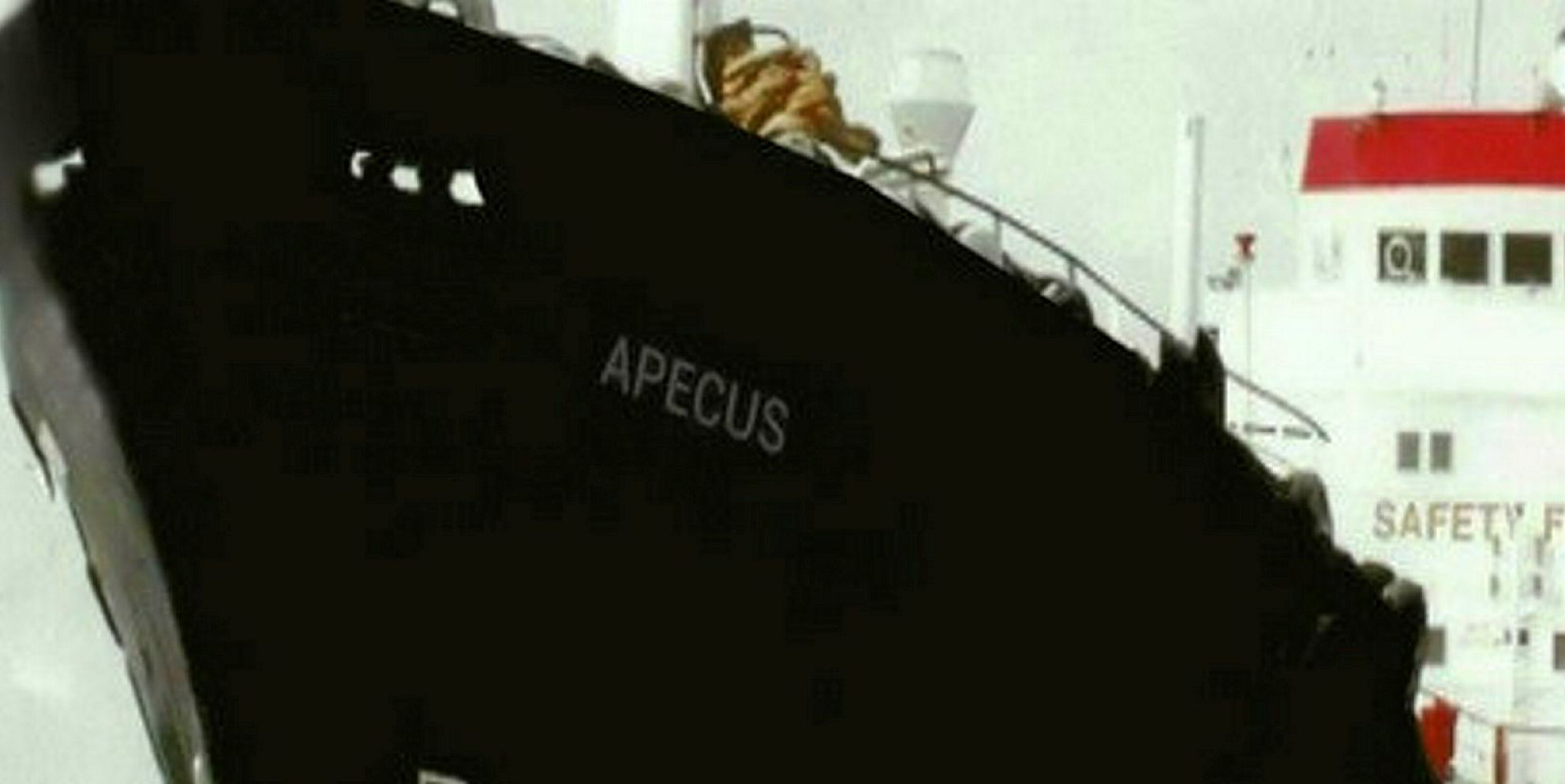The seas around West Africa remain the most dangerous location in the world for piracy, according to the International Maritime Bureau (IMB).
Over 80% of the 75 seafarers taken hostage onboard or kidnapped for ransom worldwide so far this year, were captured in the Gulf of Guinea – off the coasts of Nigeria, Guinea, Togo, Benin and Cameroon.
Worldwide, the IMB Piracy Reporting Centre recorded 78 incidents of piracy and armed robbery against ships in the first half of 2019, compared with 107 incidents for the same period last year.
Overall, 57 vessels were boarded successfully, representing 73% of all attacks. Pirates killed one person, took 38 crewmembers hostage, and kidnapped a further 37 for ransom.
The IMB report reveals that 73% of all kidnappings at sea, and 92% of hostage-takings, took place in the Gulf of Guinea.
Armed pirates in these high-risk waters kidnapped 27 crew members in the first half of 2019, up two on the 25 taken in the same period last year.
The IMB said two chemical tankers were hijacked, as well as a tug that was then reportedly used in another act of piracy.
Despite these alarming figures, the IMB said there were some “encouraging signs of improvement” with a marked decrease in attacks in the Gulf of Guinea during the second quarter.
In particular it commended the Nigerian navy for “actively responding” to reported incidents by dispatching patrol boats.
“While recognizing that many attacks go unreported, IMB recorded 21 incidents around Nigeria so far in 2019, down from 31 in the same period of 2018,” it said.
Naval vessels from Equatorial Guinea and Spain are also said to have intervened in May 2019 when a Nigerian tug was hijacked 41 nautical miles off Luba, Equatorial Guinea.
“Soon after, the pirates used the tug to launch an attack on a Maltese heavy load carrier. The crew retreated into the ship’s citadel. When the navies responded, the pirates left the vessel and the crew were freed,” the IMB said.
Despite the improvement, the IMB is urging seafarers in the region to “remain vigilant and report all suspicious activity” to regional response centres and the IMB PRC.
“Early detection of an approaching suspicious craft is key to prevent boarding and give time to raise the alarm and retreat into a citadel, if needed,” said an IMB spokesperson.
In Indonesia, the IMB said its ongoing information-sharing cooperation with the Indonesian Marine Police continued to show positive results.
“The 11 incidents reported in Indonesian waters remains the lowest second quarter figure since 2009 when three incidents were reported,” it said.
In a disturbing development in South America, a vessel was fired upon in the Guayas River after departing from Guayaquil, Ecuador’s second largest city.
This is the first time an incident involving the firing of weapons has been reported to the IMB PRC in Ecuador, the IMB said.
Elsewhere in South America, incidents of violent armed theft against ships at anchor have been reported in Callao in Peru, Jose Terminal in Venezuela and Macapa in Brazil.
“On 2 May 2019, when armed robbers boarded a yacht in San Ignacio de Tupile, Panama, shooting and killing a family member and injuring another. The surviving family members including two children,” the IMB said.






